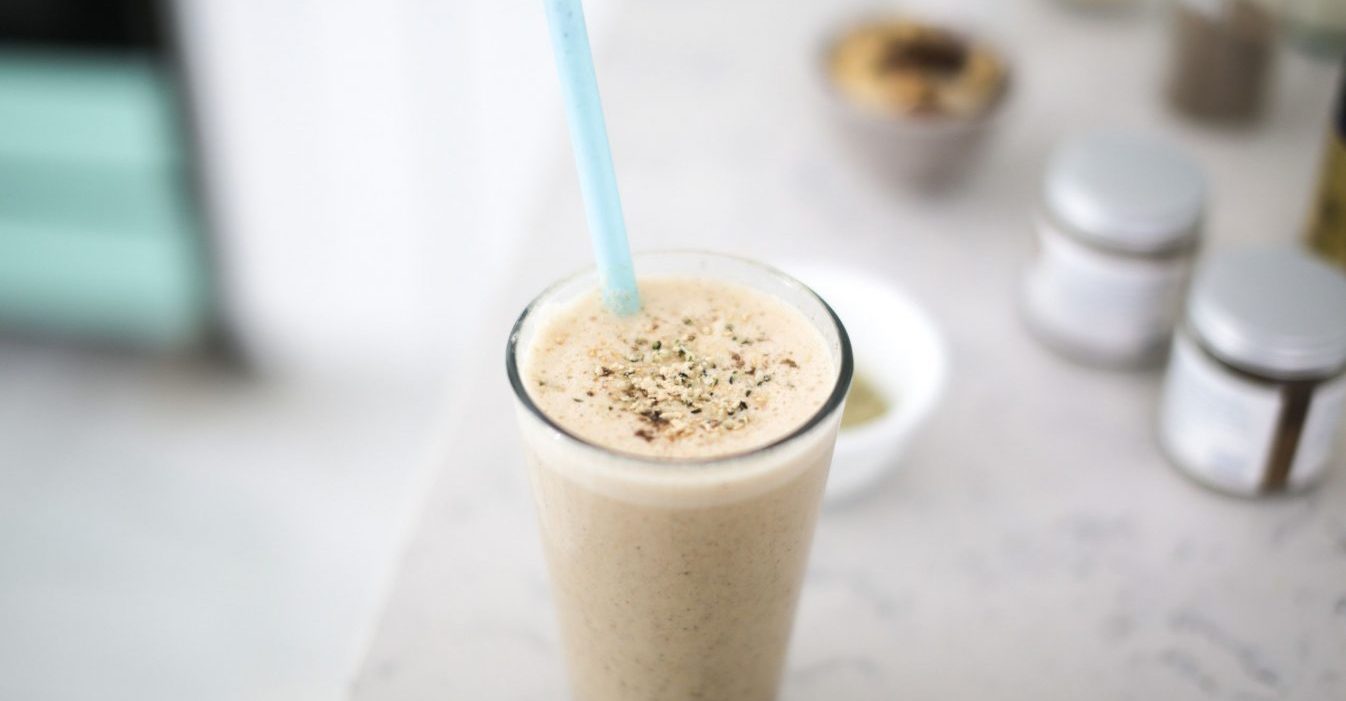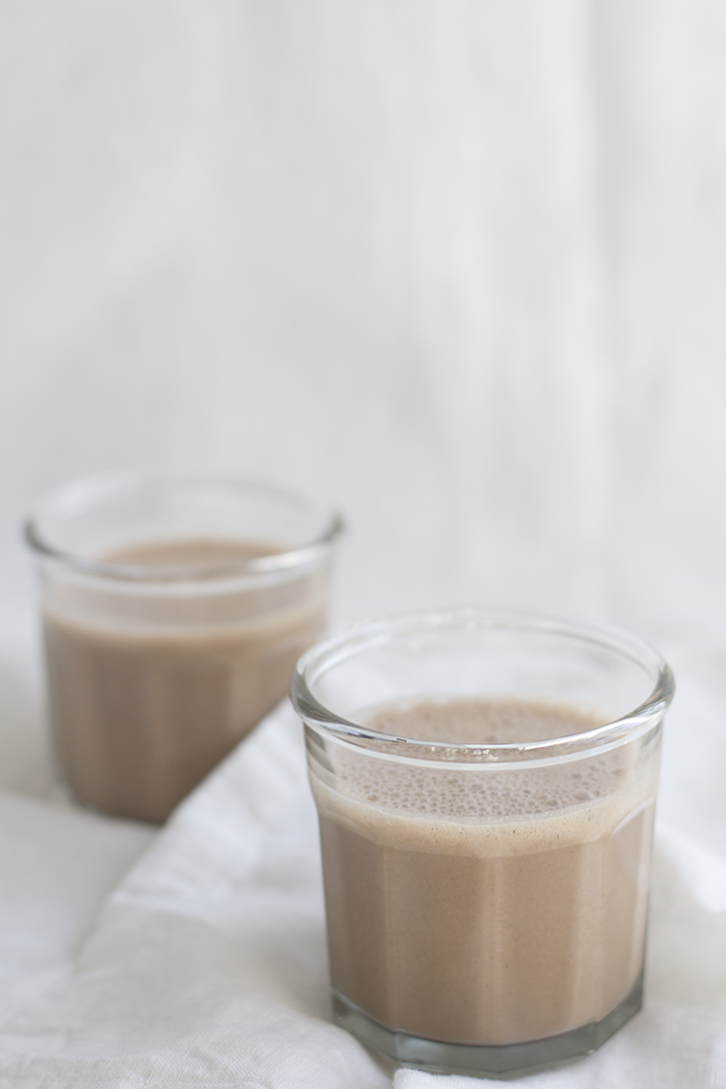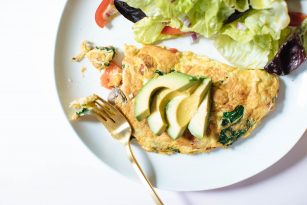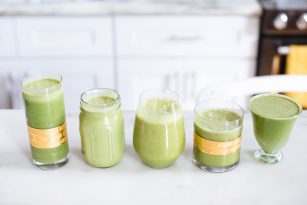Do you need to drink a protein shake immediately after our workouts within a certain “window” of time?
In short, no. But sometimes it might be beneficial, so let’s look into this common myth. All too often I see guys (and ladies too) have a protein bottle ready to chug the second they’ve finished their workout. They’re typically looking to optimize their workouts by getting in protein during this peak “window of time” when our muscles “need” protein. Their intention is good, but is it really needed and does it really work?
Why do you need protein?
First, why do you need protein in your diet regardless of if you just worked out? Protein plays a HUGE role in the body, as do the other macronutrients carbohydrates and healthy fats. Protein is involved in digestive health, rebuilding tissue and muscle, energy, hormonal production (ex. growth hormone), immune health as antibodies, enzymes (ex. phenylalanine hydroxylase), structure, and storage/transportation of other molecules (ex. ferritin). Protein is part of every single cell in our body.
Each macronutrient has a specific role before a workout, but studies show that the amount varies based on the length and intensity of your workout. (1) In a nutshell, carbohydrates can help increase glycogen stores when you’re about to do a high-intensity exercise (2), fat fuels your body for longer workouts that may be less intense. (3) Eating protein before working out will help with muscle recovery. (4)
So do you need protein after a workout?
There are so many things we need to take into consideration to answer this question:
1) What did you eat the day before?
2) Are you muscle glycogen stores full?
3) Are you fat adapted, meaning do you burn fat as your fuel source rather than carbohydrates (as seen with low carb/high fat eaters)?
4) How long was your workout?
5) How intense was your workout?
6) Did you consume food before?
7) Are you in a fasted state for 12+ hours?
8) Are you consuming anything during your workout like BCAA’s?
9) How are you hormonally set up in the present moment to burn protein or muscle?
Okay, clearly I could go on for quite some time here, but I hope you understand the questions that first come to mind as a dietitian and as a recreational athlete! There are way too many options here to easily say no or yes you should or shouldn’t be eating a certain type of protein and when. It may be helpful to start with this post on overall workout nutrition before diving into the specifics of protein.
What should you be eating for workout energy?
Your muscle glycogen (i.e. energy stored) contains about 350-500g of carbohydrates which is enough to fuel you through your workouts, training, and for longer endurance sessions like long runs. Since my workouts are typically short training times with high intensity or long training times with heavy weights, I like BCAA’s during workouts because I’m not huge on large pre-workout meals. What about your workout? Think about these questions regarding your workout times and intensity.
Ideally, you want to consume something before working out that’s easy on digestion and something that won’t affect your performance. If you have a morning workout, try a half or whole fruit, along with a half or one serving of protein. If you have an afternoon workout, you most likely have eaten a half of a day’s worth of meals by then. If so, try a half or a whole piece of fruit or any of the pre-workout foods listed below. If you have an evening workout, enjoy a half or a whole carbohydrate serving like a sweet potato if it’s been longer than 2 hours since your last meal.
So does protein after a workout help build muscle?
There are many studies showing exercise followed by consuming protein directly afterward still doesn’t advance muscle anabolism (building of our precious lean muscle mass). Rather, muscle building after a workout is impacted by the overall diet of the day, how much protein and fuel you’re consuming through whole foods, and also our pre-workout nutrition if applicable.
What’s important for muscle building from a workout is that you’re consuming the right calories and macronutrient goals for the entire day, not just during that 30-60 minute “window” after a workout. What you eat post-workout is less important than looking at the context of your entire day. Besides, this post-workout “window” is more like 2 to 4 hours and may even be as long as 24 hours.
So does that mean we need to slam carbohydrates post-workout too? Not necessarily. In one study consuming carbohydrates with protein didn’t change or increase the amount of muscle synthesis (i.e. growth and repair) compared to just protein alone.
Does that mean you should just eat protein alone? No, but it’s a higher priority than carbohydrates in my book. The moral of this Myth Stripped post is to try to have larger flexibility within the time after your workout and make it work for your lifestyle. So ideally you’re able to go home and eat a whole foods meal with roughly 20-40g protein (again depending on your goals), but if you’re on the go opt for something quick and nourishing like the Mood Boosting Cocoa Smoothie.
Just in case you are looking for protein powders, there’s nothing wrong with that! I love using them for a boost of protein during the day or added to smoothies. Be sure to check out my guide to plant-based protein powders to find one you enjoy.
Other helpful posts about protein:
+ Protein, part 1
+ Plant-based Q&A
+ 10 Plant-based Proteins You Should Be Eating
References
(1) Kerksick, C., Harvey, T., Stout, J., Campbell, B., Wilborn, C., Kreider, R., . . . Antonio, J. (2008, October 03). International Society of Sports Nutrition position stand: nutrient timing.
(2) Coyle, E. F., Coggan, A. R., Hemmert, M. K., Lowe, R. C., & Walters, T. J. (1985, August). Substrate usage during prolonged exercise following a pre-exercise meal.
(3) Lowery, L. M. (2004, September 01). Dietary fat and sports nutrition: a primer.
(4) Tipton, K. D., Elliott, T. A., Cree, M. G., Aarsland, A. A., Sanford, A. P., & Wolfe, R. R. (2007, January). Stimulation of net muscle protein synthesis by whey protein ingestion before and after exercise.








